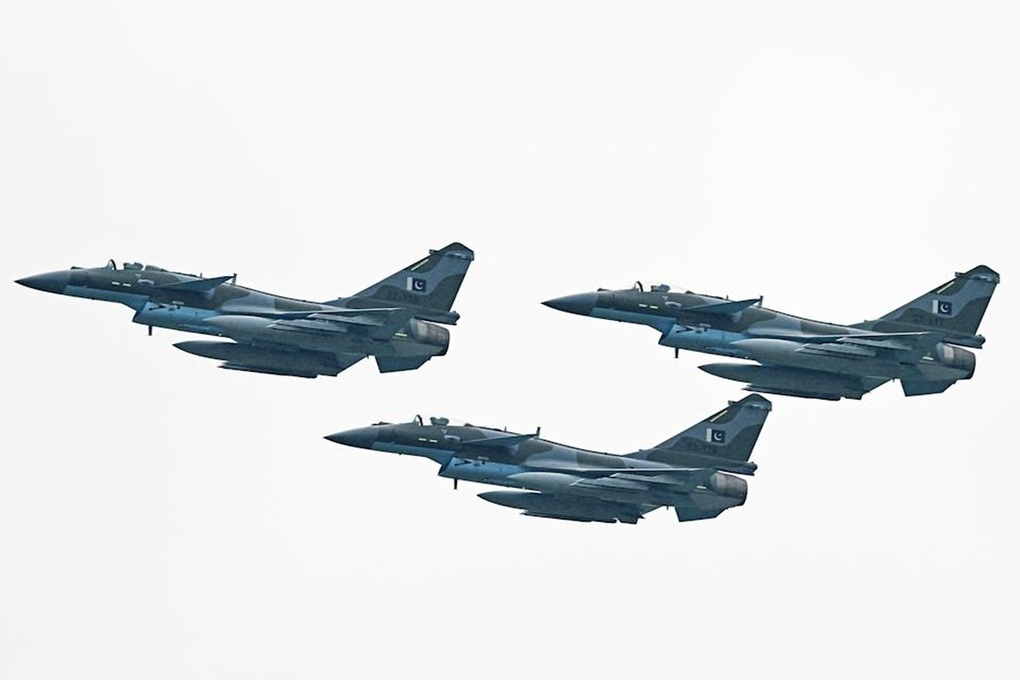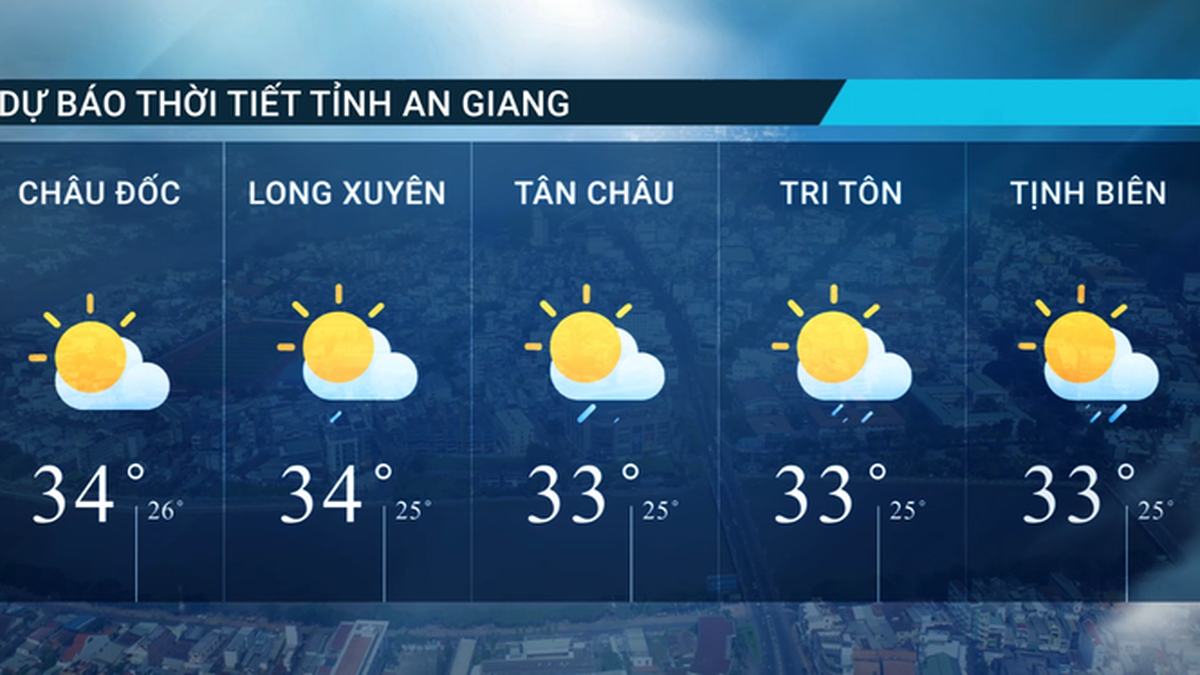In trading sessions since the beginning of the week (May 9), stocks of Chinese defense companies have increased sharply after Pakistan announced that it used Chinese-made J-10C fighter jets to shoot down five Indian fighter jets, amid escalating border tensions between the two nuclear-armed neighbors.
The mainland China defense index rose 1.6% to a two-week high, led by Avic Chengdu Aircraft, maker of the J-10C fighter jet.

J-10C fighter of Pakistan Air Force (Photo: AFP)
Accordingly, AVIC Chengdu Aircraft shares, listed on the Shenzhen Stock Exchange, jumped 17.05% on May 7 and continued to increase by more than 16% on May 8. In total, the stock has increased by 36% since India's Sindoor Campaign and over the past month, the stock has increased by 53%.
In addition, another subsidiary of parent AVIC Group, AVIC Aerospace, which specializes in manufacturing military aircraft and helicopters, also saw its Hong Kong-listed shares rise more than 6% during the session. Meanwhile, shares of China State Shipbuilding Corporation - China's largest military and civil shipbuilding group - also edged up 0.4%.
In addition, other codes in the defense sector such as Chengdu Tianjian Technology, Sun-Create Electronics and Chengdu ALD Aviation also recorded an increase of nearly 10%.
The stock price boom came after Pakistan publicly confirmed that it had deployed J-10Cs in an air battle with the Indian air force, leading the market to bet that Chinese-made weapons are proving their combat capabilities, opening up stronger export potential in the future.
According to data from the Stockholm International Peace Research Institute (SIPRI), more than 60% of China's arms exports in 2020-2024 were transferred to Pakistan.
“Having a real combat record is a big plus for Chinese defense products, which have long been known mainly in theory,” said Eric Zhu, a defense analyst at Bloomberg Intelligence.
However, experts also warn that this increase may only be a "temporary bounce" in the market. "If the conflict does not escalate, the need for additional or replacement arms purchases will not increase much," commented David Roche, strategist at Quantum Strategy.
Seth Jones, director of defense and security at the Center for Strategic and International Studies (CSIS), said the surge in Chinese defense stocks could be temporary. He said India and Pakistan both want to cool down, but the decision on how to react next lies with Pakistan.
While the short-term outlook is bright for investors, the escalation of the conflict and the international response will be key factors in determining capital flows and China's arms export potential in the medium term.
China and Pakistan established relations in 1951, and since the Cold War, China has become Pakistan's most important defense partner.
Mr. Yang Zi, an expert from the S. Rajaratnam School of International Studies, assessed that this conflict is a positive demonstration of the quality of Chinese weapons, when Pakistan's fighters and defense systems effectively confronted India's French and Soviet weapons.
On the morning of May 7, India confirmed that it had carried out airstrikes on "terrorist infrastructure targets" in Pakistan in response to militant groups there allegedly carrying out attacks that killed 26 people in India late last month.
Pakistan immediately deployed its air force to retaliate in an air battle that lasted about an hour. Pakistan also fired artillery across the Indian border.
In another development, Pakistan's Information Ministry said that the country's military shot down five Indian fighter jets when they entered Pakistani airspace.
However, India immediately denied this information and called it "fake news". India confirmed early on May 7 that its armed forces had carried out precision strikes on nine terrorist sites in Pakistan and Pakistan-controlled Kashmir.
Source: https://dantri.com.vn/kinh-doanh/co-phieu-quoc-phong-trung-quoc-cat-canh-sau-xung-dot-an-do-pakistan-20250509142446201.htm


































































































Comment (0)